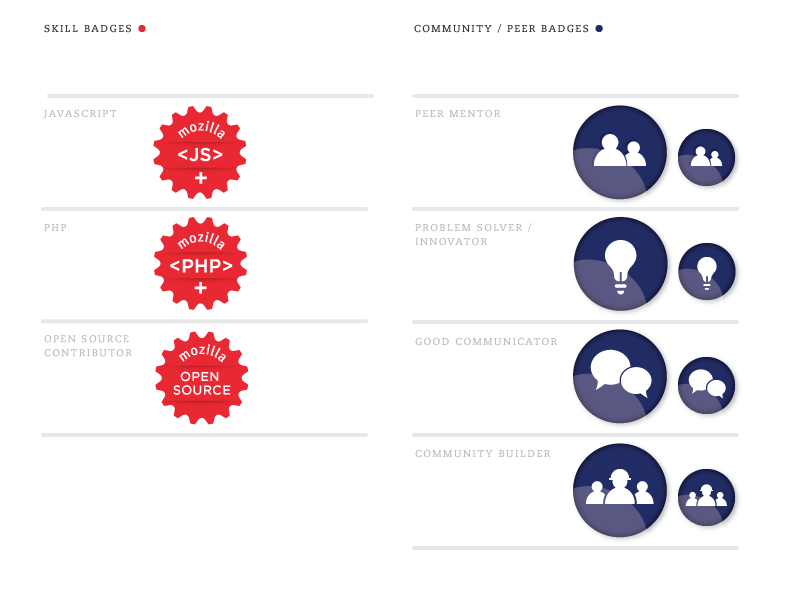Is higher education broken?
Good Magazine cites a growing gap between what learners want and what they’re currently getting. Take stats like this from the U.S.:
- 57 percent of respondents in a recent Pew Research Center poll said they believed that college “fails to provide students with good value for the money they and their families spend.”
- From 1982 to 2007, median family income rose 147 percent — while college tuition and fees grew a massive 439 percent.
- For 67 percent of students, that means getting a four-year college degree requires going into debt.
The result is a tough choice:
Buy into an expensive higher education system you believe to be hugely problematic, or suffer the consequences of trying to earn a living without a college degree, which studies consistently show increase a person’s earning power?
Accreditation is the key to making alternatives work
How do we do better and create a “new ecology of learning?” Good’s article lists a range of emerging alternatives, from Mozilla’s collaboration with Peer 2 Peer University to MIT’s free OpenCourseWare initiative, iTunes University and Knext.
But what’s interesting about the piece is the way it seizes on the value of new approaches to assessment and accreditation, like Mozilla’s Open Badges project, as the key to realizing the full potential of efforts like P2PU:
What sets P2PU apart from things like iTunes U is accreditation. Because unless alternative-education users have an official way to present their merit to potential employers, people with traditional degrees are going to continue dominating the labor force.
The Mozilla Foundation and P2PU are developing “badges,” notifiers to potential employers that a person has completed coursework and is capable of doing what they say they can. “Imagine people could earn badges for their learning, skills and achievements regardless of where those occur or how they are achieved,” Erin Knight, a badge and assessment specialist for P2PU, writes me in an email. “And the collection of badges could serve as a living transcript for each learner, telling a much more complete story about that person than traditional degrees or transcripts.” She later adds, “I think this is the future.”
 <
<
